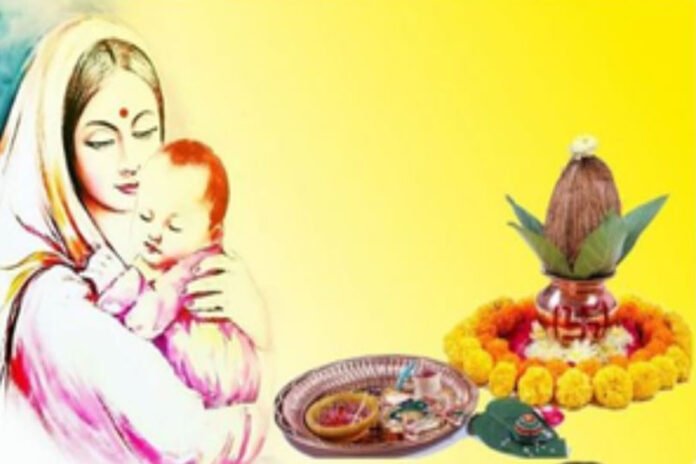New Delhi. Jivitputrika Vrat is an important festival in Hinduism. This fast is observed by mothers for the long life and health of their children. It is also called Jitiya Vrat and Jiutiya Vrat. Jitiya Vrat, widely observed by women in Bihar, Jharkhand and Uttar Pradesh, is considered to be one of the most difficult fasts. In such a situation, this fast has its own special significance. Every year, there is a law to keep Jitiya’s Nirjala Vrat (Waterless Fast) on the Ashtami date of Krishna Paksha of Ashwin month. On this day, married women keep a 24-hour Nirjala fast for the well-being and better life of their children. There is importance of worshiping Lord Sun on the auspicious day of Jitiya Vrat, which lasts for three days. During this time, women observing fast neither eat nor drink water throughout the day. The fast is concluded with Parana. Like every year, this year Jitiya Vrat’s Nahai Khay will be done on Tuesday, 24 September. At the same time, the fast will be kept on Wednesday, 25 September. After this, the fast will be ended with Parana on Thursday, September 26. Lord Vishnu, Shiva and Lord Surya are worshiped on the day of Jitiya. Arghya is offered to the rising and setting sun.
In this fast, women worship Lord Jimutavahana. The idol of Jimutavahana is installed and worshipped with worship material. The women of the house make small idols of eagle and jackal from clay and cow dung. After that, they apply vermilion on the forehead of these idols and listen to the story of Jitputrika fast. There are many legends about this fast. In such a situation, we are going to tell you who is Lord Jimutavahana and how the law of Jitiya fast is associated with him. According to Hindu Mythology, Lord Jimutavahana’s father was the ruler of Gandharva. After ruling for a long time, he left the palace and went to the forest after making his son the king. Jimutavahana became the king after him. Jimutavahana applied his father’s generosity and compassion in his royal work. He ruled for a long time, after that he also left the palace and started living in the forest with his father. Where he got married to a girl named Malayavati. One day Jimutavahana found an old woman crying in the forest. There was a terrible expression on her face.
When Jimutavahana asked her the reason for her trouble, she told him that the serpents had promised the Garuda bird that it would not enter Hades and they would send a serpent to him every day as food. The old woman told Jimutavahana that this time it was her son Shankhachud’s turn to go to Garuda. Jimutavahana, who had a kind heart like his father, said that he would not let anything happen to her son. Instead, he offered to offer himself to Garuda as food. Jimutavahana wrapped himself in a red cloth and went to Garuda. The Garuda bird mistook Jimutavahana for a serpent and picked him up in its claws. Jimutavahana then told Garuda the whole story of how he sacrificed himself for someone else’s life. Impressed by Jimutavahana’s kindness, Garuda gave him life and promised never to take anyone’s life in the future.

